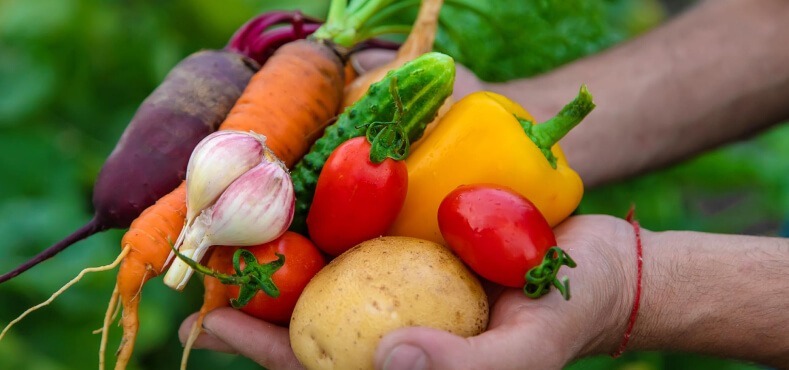
How Climate Change is Impacting Agriculture and Food Security
The impact of climate change on agriculture is significant, affecting crop production, livestock health, and insect prevalence worldwide.
Higher temperatures can accelerate crop maturation, potentially resulting in lower yields. Heat stress can also hamper the pollination of staple crops like wheat and maize.
Unpredictable weather patterns disrupt planting and harvesting schedules, leading to soil erosion and reduced irrigation water availability.
Heatwaves, hurricanes, and floods can devastate agricultural lands, causing financial losses and crop destruction.
Decreased agricultural productivity reduces the overall food supply, particularly for staple crops such as wheat, rice, and maize.
Rising food costs make it challenging for low-income communities to afford adequate nutrition, exacerbating poverty and malnutrition.
Elevated CO2 levels can decrease crop nutrient levels, impacting the nutritional value of food.
Erratic weather patterns disrupt food supply chains, contributing to food insecurity and economic instability.
A feedback loop is created as agriculture both contributes to greenhouse gas emissions and is vulnerable to the effects of climate change.
Changes in growing seasons disrupt traditional crop cycles and farming practices.
Drier conditions strain available water resources, affecting irrigation and crop growth.
Increased temperatures and irregular rainfall contribute to soil erosion and degradation.
Some crops may no longer be viable in certain regions, necessitating changes in crop varieties and farming techniques.
Farmers are adopting climate-resilient crops, such as heat-tolerant wheat and drought-resistant maize, to mitigate the impact of climate change.
Practices like crop rotation and minimal soil disturbance preserve soil health and improve water retention.
Integrating trees into farming systems enhances biodiversity and carbon sequestration.
Efficient irrigation methods maximize water usage and reduce waste.
Promoting crop diversity and alternative income sources reduces vulnerability to climate-related risks.
Enhancing access to markets and storage facilities stabilizes food supply chains.
Investing in research and development and promoting sustainable agricultural practices through policy measures.
Avoiding synthetic inputs and promoting biodiversity create resilient agricultural systems.
Environmentally friendly pest control methods reduce reliance on chemical pesticides.
Practices that enhance resilience, reduce emissions, and improve productivity.
Developing crop varieties resilient to extreme weather conditions.
Providing farmers with accurate weather forecasts and early warnings of extreme events.
Educating farmers on adaptive agricultural practices to enhance resilience.
In summary, proactive measures are necessary to adapt agriculture to a changing climate. Sustainable practices, innovative solutions, and effective policies can help overcome challenges and ensure food security for future generations.